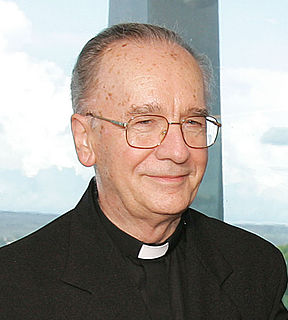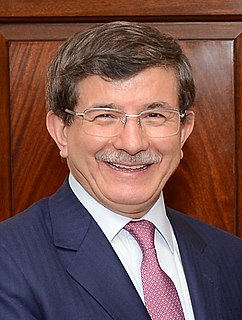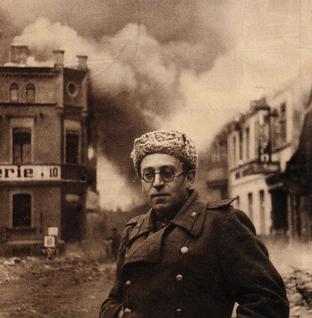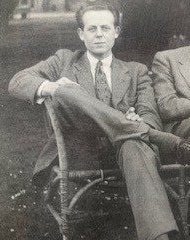A Quote by Wole Soyinka
Well, the first thing is that truth and power for me form an antithesis, an antagonism, which will hardly ever be resolved. I can define in fact, can simplify the history of human society, the evolution of human society, as a contest between power and freedom.
Related Quotes
For loving, working, and creative people to throw off the yoke of power it is necessary to abolish power itself, not merely to make the yoke comfortable. Where some have power, others do not, and the two classes persist. A free society is where all have power-power over and responsibility for their own lives, power and reason to respect the lives of others. This is also a society without classes, a society of human beings, not rulers and the ruled.
In 5,000 years of recorded human history... neither in the east or in the west... has any society ever defined marriage as anything other than between men and women. Not one in 5000 years of recorded human history.
That's an astounding fact and it isn't until the last 12 years or so that we have seen for the first time in recorded human history marriage defined as anything other than between men and between women.
We have been living amidst one of the great revolutions of human history, and we hardly know it: the penetration of the State into every aspect of human life and society. Some people regard this as good and "progressive," others regard it as tyrannical; but either way, it's a fact, a transformation as great as, say, the Industrial Revolution. Absolutely nothing is now beyond the scope of State power.
In some central and important cases, ... the existence of specific power relations in the society will produce an appearance of a particular kind. Certain features of the society that are merely local and contingent, and maintained in existence only by the continual exercise of power, will come to seem as if they were universal, necessary, invariant, or natural features of all forms of human social life, or as if they arose spontaneously and uncoercedly by free human action.
Our minds tell us, and history confirms, that the great threat to freedom is the concentration of power. Government is necessary to preserve our freedom, it is an instrument through which we can exercise our freedom; yet by concentrating power in political hands, it is also a threat to freedom. Even though the men who wield this power initially be of good will and even though they be not corrupted by the power they exercise, the power will both attract and form men of a different stamp.
It is unfortunately none too well understood that, just as the State has no money of its own, so it has no power of its own. All the power it has is what society gives it, plus what it confiscates from time to time on one pretext or another, there is no other source from which State power can be drawn. Therefore every assumption of State power, whether by gift or seizure leaves society with so much less power; there is never, nor can be, any strengthening of State power without a corresponding and roughly equivalent depletion of social power.
The history of humanity is the history of human freedom...Freedom is not, as Engels thought, "the recognition of necessity." Freedom is the opposite of necessity. Freedom is necessity overcome. Progress is, in essence, the progress of human freedom. Yes, and after all, life itself is freedom. The evolution of life is the evolution of freedom.
Country' and 'city' are very powerful words, and this is not surprising when we remember how much they seem to stand for in the experience of human communities. In English, 'country' is both a nation and a part of a 'land'; 'the country' can be the whole society or its rural area. In the long history of human settlements, this connection between the land from which directly or indirectly we all get our living and the achievements of human society has been deeply known.
I have never said that human society ought to be aristocratic, but a great deal more than that. What I have said, and still believe with ever-increasing conviction, is that human society is always, whether it will or no, aristocratic by its very essence, to the extreme that it is a society in the measure that it is aristocratic, and ceases to be such when it ceases to be aristocratic. Of course I am speaking now of society and not of the State.







































